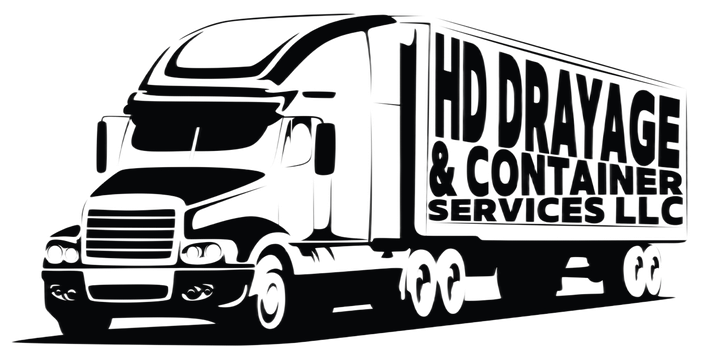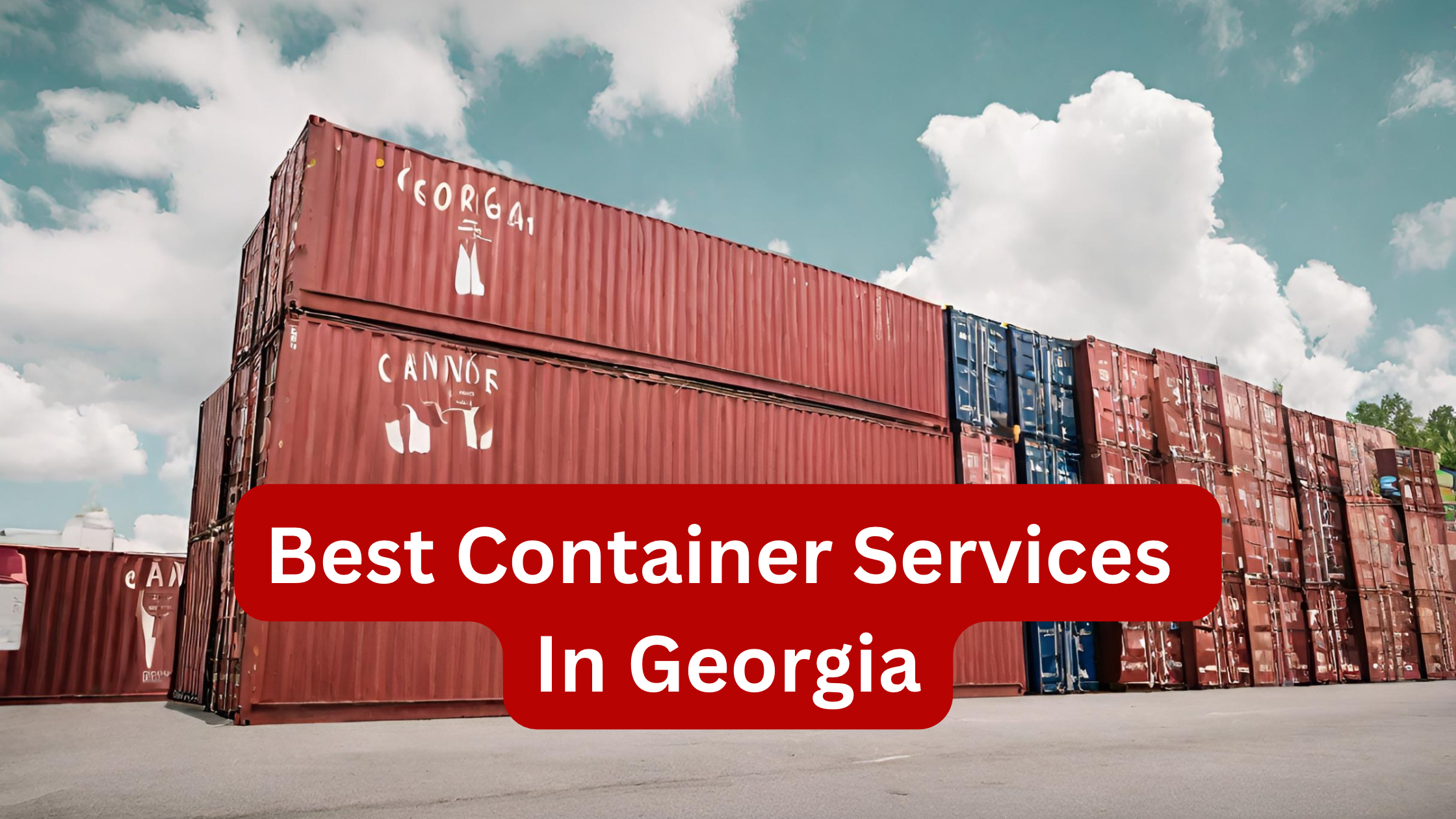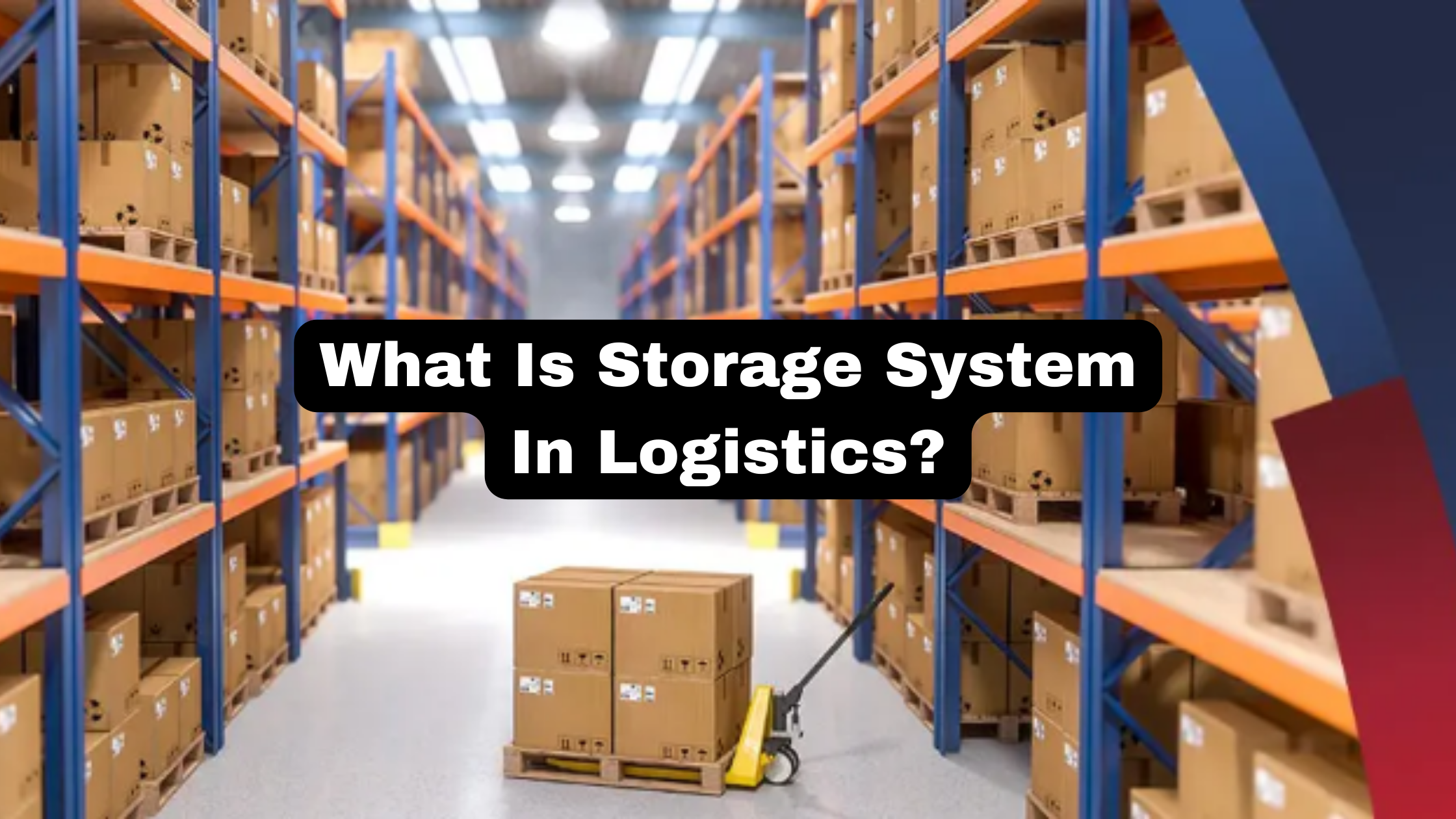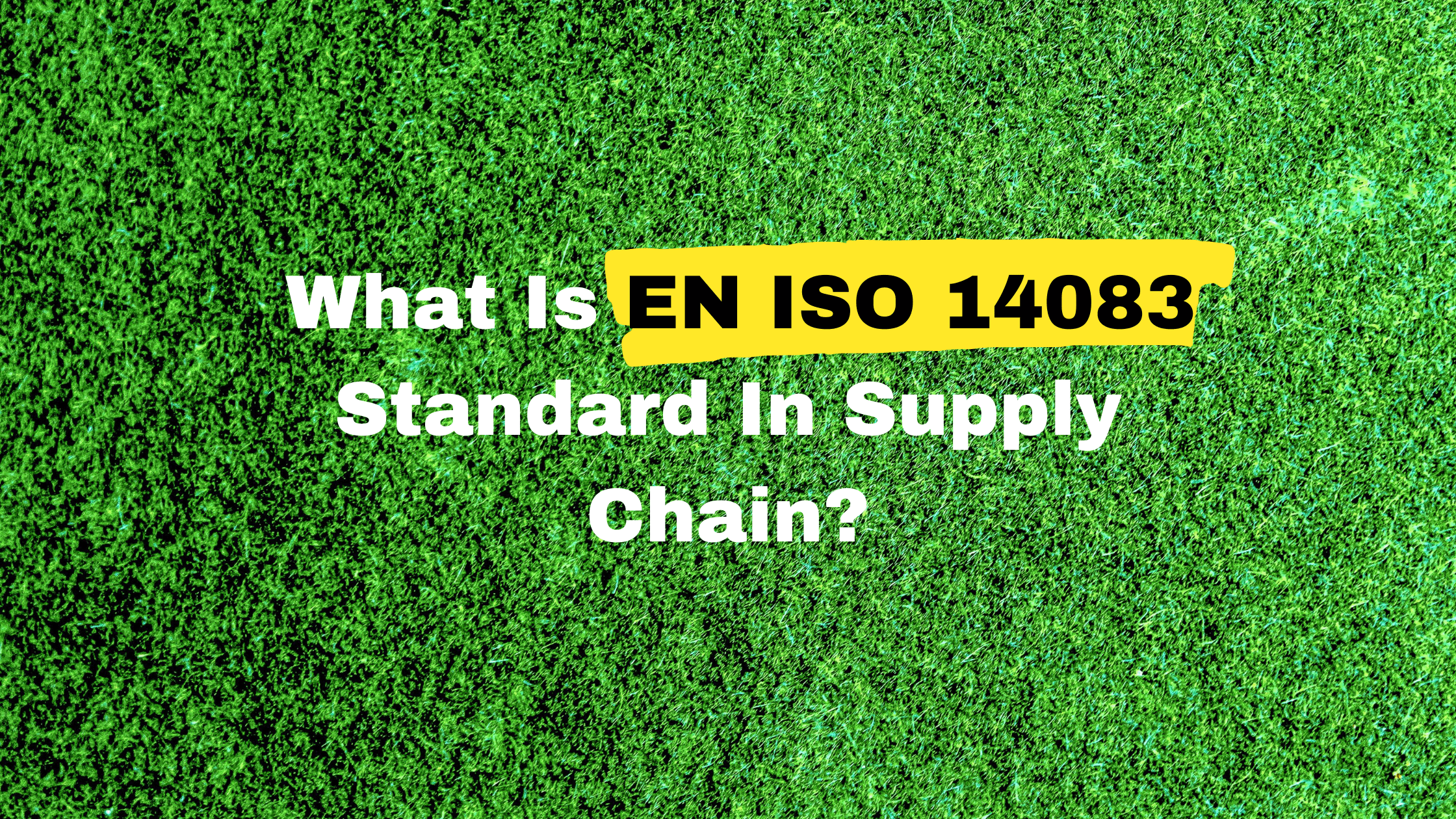Managing overweight or heavy containers can be severely challenging. It poses lots of risks and can disrupt the goods inside the containers.
However, with the right knowledge and practice, you can deal with overweight containers best. Learning how to plan and prepare container operations is important so you don’t have to face any issues with heavy cargo.
In this article, I’ll explain the best practices for dealing with such containers and how to come out victorious every time.
How to Tackle Overweight/Heavy Containers?
- Know Your Ground
It’s crucial to be familiar with the weight limits of your systems and the area you operate in. You must understand the maximum allowable weight of your container to avoid any legal problems. Ignorance of these limits can damage your precious equipment and cause hefty fines.
You may also risk safety parameters if you exceed the load limit. So, check regulations and stay updated to manage those big bulky containers without hassle.
- Get the Right Equipment for the Right Job
Ensure that you have the right equipment for the job. Invest in trailers and trucks designed for carrying heavy loads. Always keep an eye on their maintenance and inspection. Regularly inspecting your vehicles and towing systems can save you from many problems.
Having the right equipment for the job can ease your work to a great extent. Plus, it would also save you from any fines or penalties, given if there’s an accident.
Get the right equipment and regularly check them. This will make a huge difference and save you from catastrophic situations.
- Secure the Load
As a trucking company, there’s nothing more important than securing the load firmly. Improper loads can lead to accidents and even lawsuits in some cases.
Secure the container by using heavy-duty chains, binders, and straps. Heavy containers require high-quality ratchet straps that have great breaking strength capacity. You must have the latest and greatest tools to secure the load.
You must also double-check everything to ensure no loose ends. This crucial step can save you from huge damage in the long run. Plus, it would protect your reputation and boost your operations.
- Weight Distribution
While managing heavy and overweight containers, ensure you properly distribute weight at all points. It’s significant to keep the container at the center and avoid overloading at either of the sides. This way, your container won’t sway on the road. The weight distribution would also provide you with a smoother ride and increase the longevity of your equipment.
- Plan Your Route
Carefully plan your route to avoid narrow roads or restricted areas. Use GPS systems to navigate through the safest and most efficient path. You’d also save fuel and save yourself from any potential liability. Construction zones and road closures can delay your journey. So, be aware of such areas.
While planning, also stay informed about the weather. Be adaptable to changes in weather, such as heavy rain, snow, or strong winds. Adjust your plans and ensure that you prioritize safety at all costs.
- Teamwork Makes the Dream Work
As a trucking company, it’s important to have a coordinated team that’s on one page. This could be your greatest asset. Make sure you have the best drivers that can handle overweight containers. Your team on the ground must have clarity in communications.
This way, you won’t encounter any issues on the road. A great team would solve 99% of your problems and can respond effectively to any challenge or threat.
- Invest in Continuous Learning
Trucking and container handling technology has come a long way. Invest your resources and time to keep up with the latest trends in the industry to remain competitive.
Make it a habit to learn continuously and find new ways to enhance your operations. This will give you a competitive advantage and lead to long-term success.
Conclusion
Overweight containers can be challenging to deal with, but you can’t leave out spaces in your containers. So, using the right approach, you can leverage effective weight distribution to make your business more profitable.
Remember that information can be your best friend. Always equip yourself with relevant information to keep your container operations going. Also, invest in high-quality gear and tools so there’s no downtime, and you can take on any route confidently.
You can further optimize your heavy cargo operations with planning and commitment to safety. Ensure you know what you’re dealing with and I’ll be en route to success in no time.
We hope that your containers always reach their destinations safely and on time.








